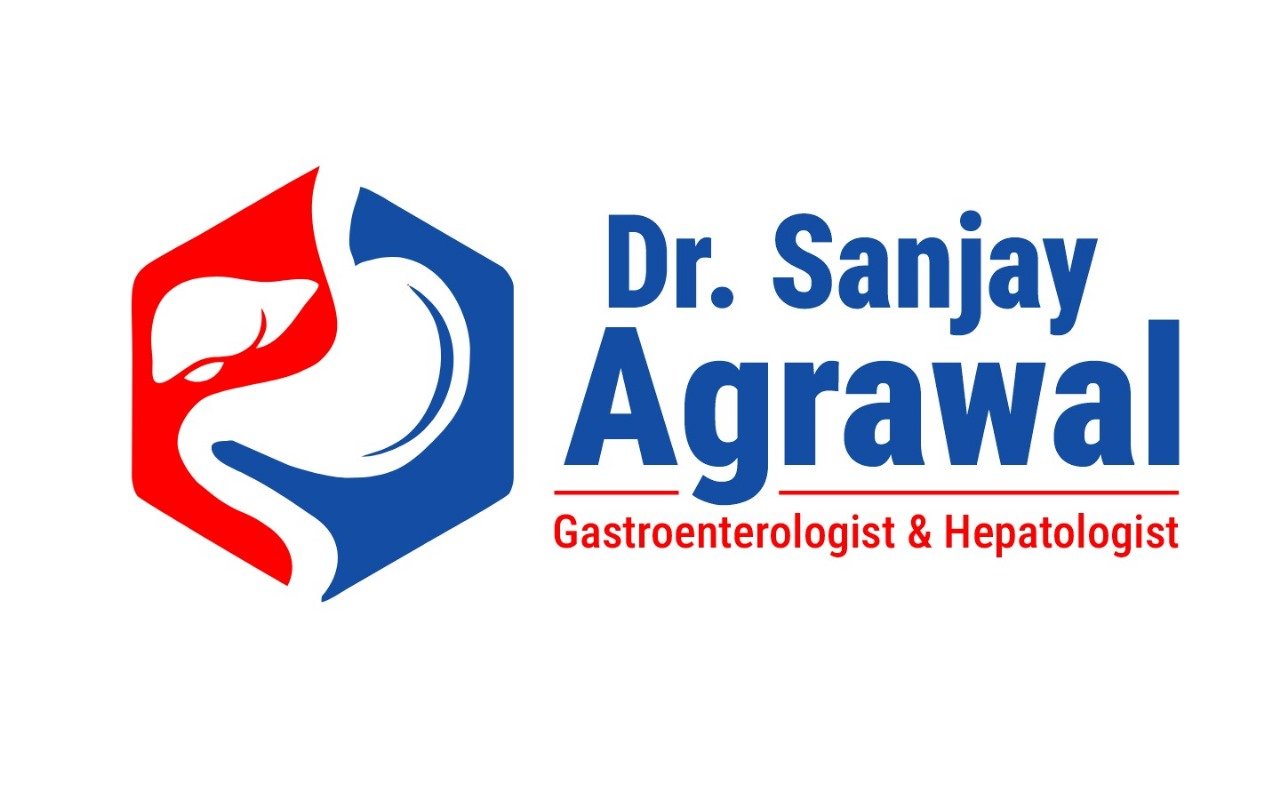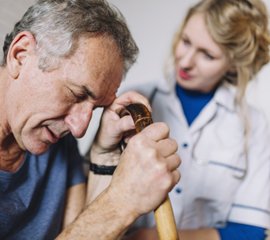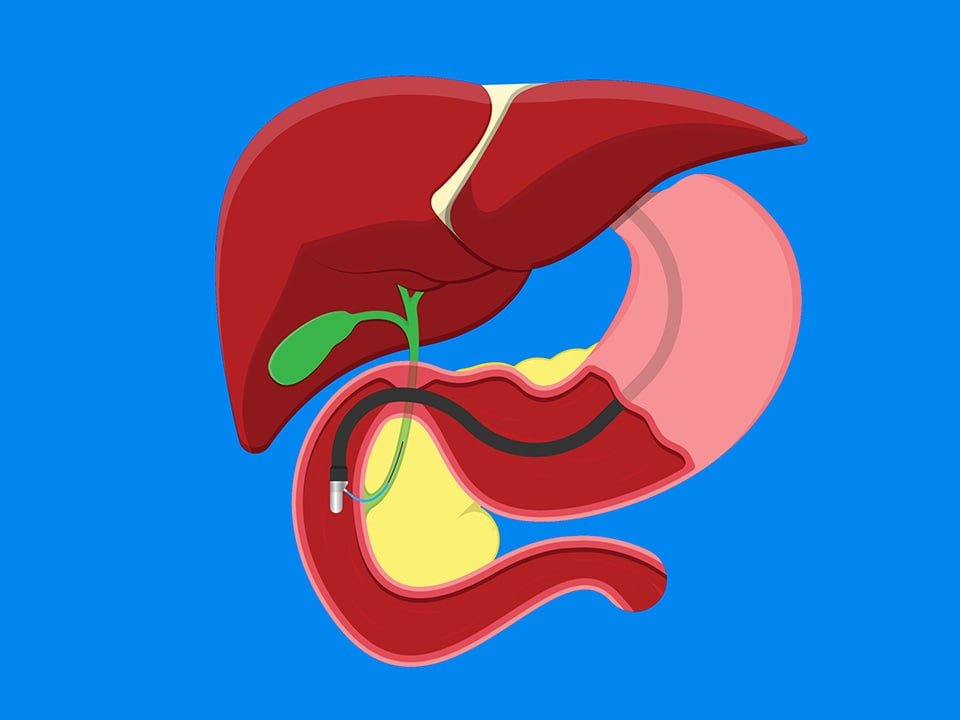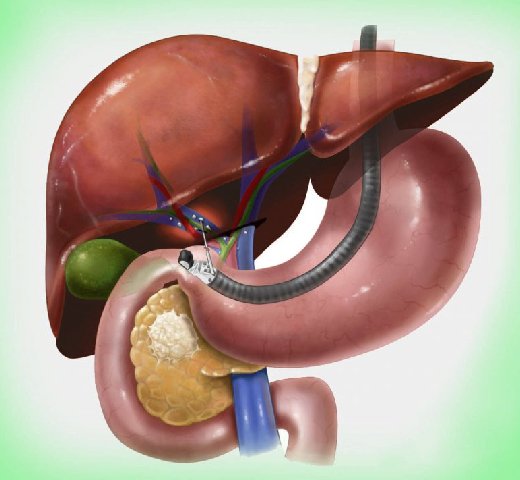ERCP, or Endoscopic Retrograde Cholangiopancreatography, is a medical procedure that combines endoscopy and fluoroscopy to diagnose and treat conditions affecting the pancreatic and bile ducts. It involves the insertion of a flexible tube with a camera (endoscope) through the mouth, down the esophagus, and into the stomach and duodenum to examine these ducts.











